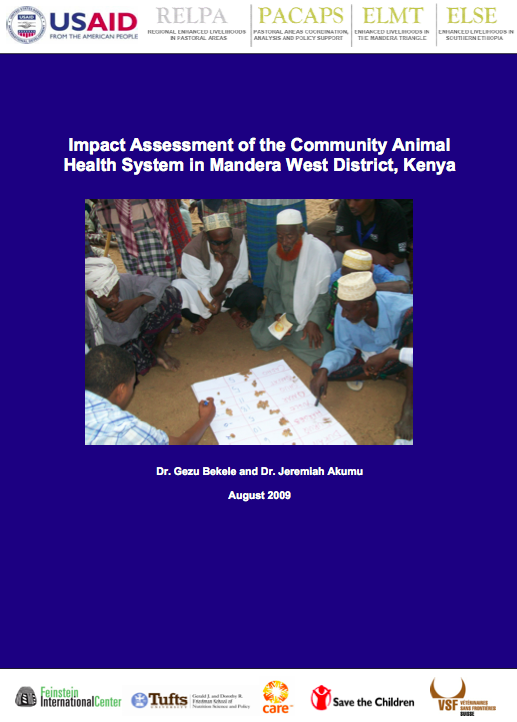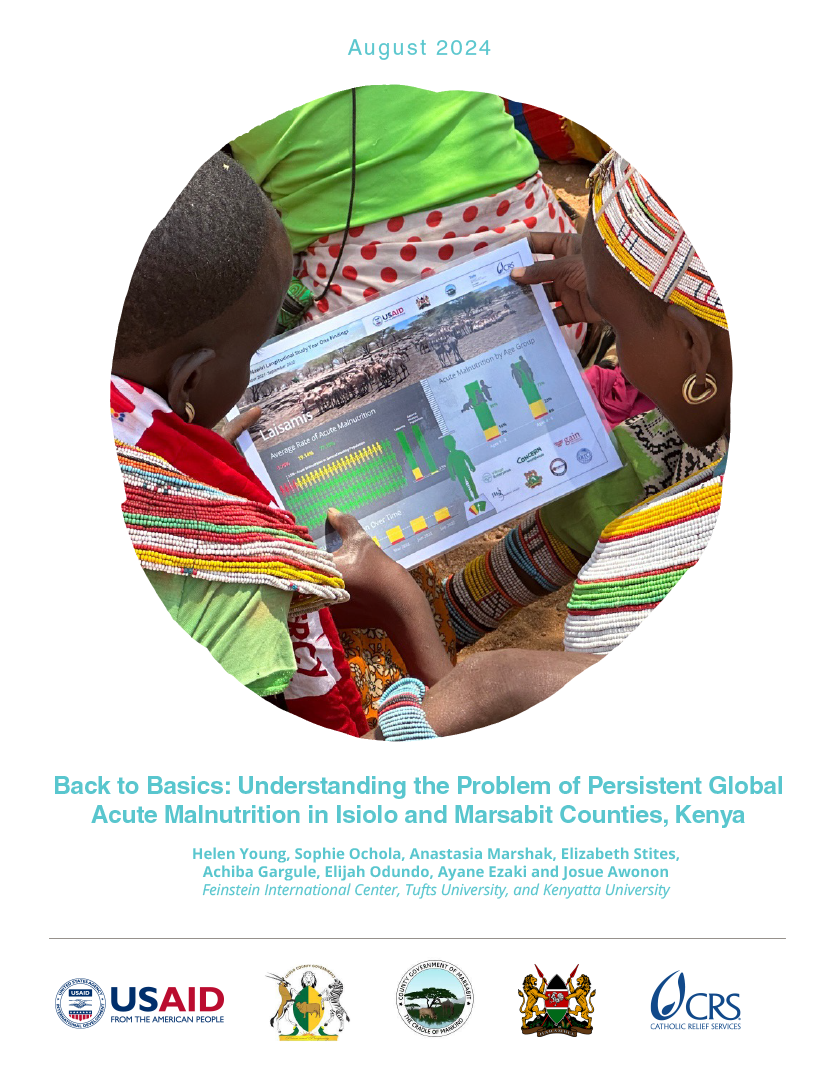The pastoralist communities in Kenya’s arid lands rely on their livestock for food and income, and basic veterinary care is one of the best ways to protect livestock assets and pastoralist livelihoods in these areas. This report examines the impact of a privatized, community-based veterinary service in the far northeast of Kenya, and focuses on the outcomes of clinical services provided by community-based animal health workers (CAHWs). Fatality rates in herds in treated by CAHWs using medicines from rural pharmacies were significantly lower than in herds where treatments were provided by untrained livestock keepers. The report adds to the substantial body of evidence already collected in Kenya on the impact and financial rationale for CAHW systems. Although many other countries have now legalized these systems and developed national guidelines for CAHW training, Kenya has yet to officially recognize CAHWs and overall, veterinary services in pastoralist areas often remain in the hands of untrained workers and unlicensed drug vendors.
Additional Author: Dr. Jeremiah Akumu







